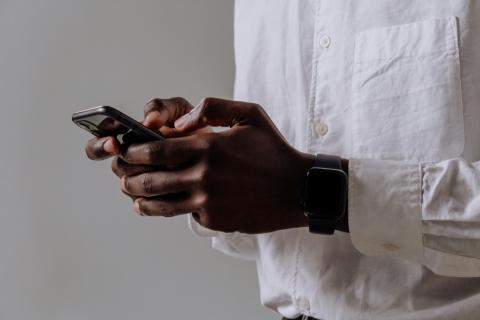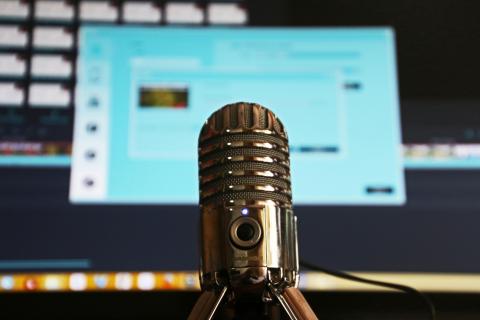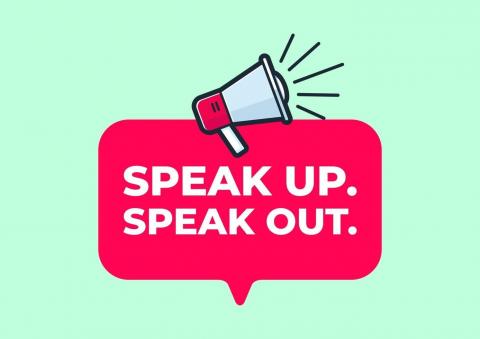Understanding Digital Fatigue and Its Impact on College Students
Apr 16,2024
In today's hyper-connected world, college students are increasingly reliant on digital technologies for learning, socializing, and staying informed. While technology offers numerous benefits, such as access to information and connectivity, it also comes with its own set of challenges. One of the most pressing issues facing college students in the digital age is digital fatigue. Let's explore what digital fatigue is and its effects on college students' mental health, academic performance, and overall well-being.
What is Digital Fatigue?
Digital fatigue, also known as screen fatigue or digital eye strain, refers to the physical and mental exhaustion that individuals experience after prolonged use of digital devices, such as computers, smartphones, and tablets. Symptoms of digital fatigue can include eye strain, headaches, neck and shoulder pain, fatigue, and difficulty focusing.
Beyond the physical symptoms, digital fatigue can also manifest as mental fatigue, characterized by feelings of stress, anxiety, irritability, and decreased motivation. The constant barrage of notifications, emails, and messages can feel overwhelming, leading to a sense of information overload and cognitive overload.
The Impact of Digital Fatigue on College Students
Digital fatigue can have a profound impact on college students, affecting their academic performance, mental health, and overall well-being. Here are some of the key effects of digital fatigue on college students:
-
Decreased Academic Performance: Prolonged exposure to digital screens can lead to decreased concentration, memory problems, and reduced cognitive function, all of which can negatively impact students' academic performance.
-
Mental Health Issues: Digital fatigue can exacerbate feelings of stress, anxiety, and depression among college students. The constant connectivity and pressure to stay online can lead to feelings of isolation, FOMO (Fear of Missing Out), and social comparison, affecting students' mental health and emotional well-being.
-
Poor Sleep Quality: Exposure to blue light emitted by digital screens can disrupt the body's natural sleep-wake cycle, leading to poor sleep quality and insomnia. Lack of quality sleep can further exacerbate feelings of fatigue, stress, and cognitive impairment.
-
Social Isolation: While digital technologies offer opportunities for connectivity, they can also contribute to feelings of social isolation and loneliness. The superficial nature of online interactions can lead to a lack of genuine connection and meaningful relationships, further impacting students' mental health and social well-being.
Strategies to Combat Digital Fatigue
Combatting digital fatigue requires proactive measures to reduce screen time, optimize digital habits, and promote overall well-being. Here are some strategies that college students can adopt to mitigate the effects of digital fatigue:
-
Take Regular Breaks: Implement the 20-20-20 rule by taking a 20-second break every 20 minutes to look at something 20 feet away to reduce eye strain.
-
Limit Screen Time: Set boundaries for screen time and take regular breaks from digital devices to give your eyes and mind a rest.
-
Create a Digital Detox Routine: Designate specific times of the day or week to unplug from digital devices and engage in offline activities that promote relaxation and well-being.
-
Practice Mindfulness and Stress Management: Incorporate mindfulness techniques, such as deep breathing, meditation, and yoga, to reduce stress and promote mental clarity.
-
Seek Support: If you're experiencing symptoms of digital fatigue or mental health issues, don't hesitate to seek support from a counselor, therapist, or mental health professional. Many colleges and universities offer counseling services and mental health resources to help students cope with stress, anxiety, and other challenges.
By understanding the causes and effects of digital fatigue and adopting proactive strategies to mitigate its impact, college students can cultivate healthy digital habits, improve their mental health, and thrive in today's hyper-connected world. Remember, balance is key; finding a healthy balance between online and offline activities is essential for maintaining optimal health, well-being, and academic success.






